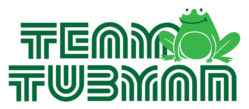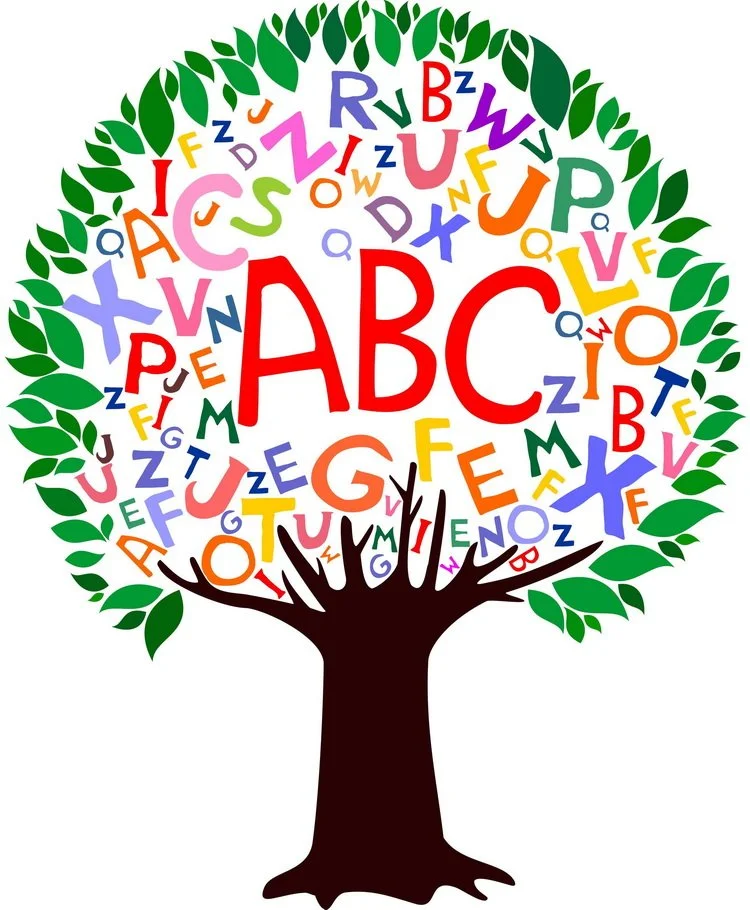English Language Arts
At Tubman, we strive to assure that students are reading at grade-level or beyond by the time they graduate. Families should set aside, at minimum, 30 minutes each day to let their student read. It can be any book! Students are encouraged to check out books from the school library or their homeroom library. When you get a chance, ask them comprehension questions (who, what, where, when, why, how?) to assure they are able to communicate and analyze what they read.
Our beginning readers must make connections with the sounds letters make, how these blend together when reading meaningful words. They then become more proficient at decoding and encoding words with invented spelling or phonetic spelling. As they progress, students start expanding their vocabulary and comprehension skills and read more fluently (reading at a normal pace). At the advanced stage, student read and write fluently across different genres and disciplines to interpret, evaluate, synthesize, and create text.
Reading Strategies:
Good readers can make educated guesses about what is about to happen or make new predictions as the plot changes. Good readers can also form mental images which help increase the understanding of what is being read. Good readers also compare and contrast their reading with personal experiences or something they have seen or heard. Good readers check for understanding by monitoring their comprehension and reanalyzing the text in case something does not make sense.
Multilingual Language Learners
Is your student learning English as a second or third language? Visit our Multilingual Learner’s page here.
For practice, log in to Clever and visit these sites
IReady reading
Common Lit -
Unite for Literacy


